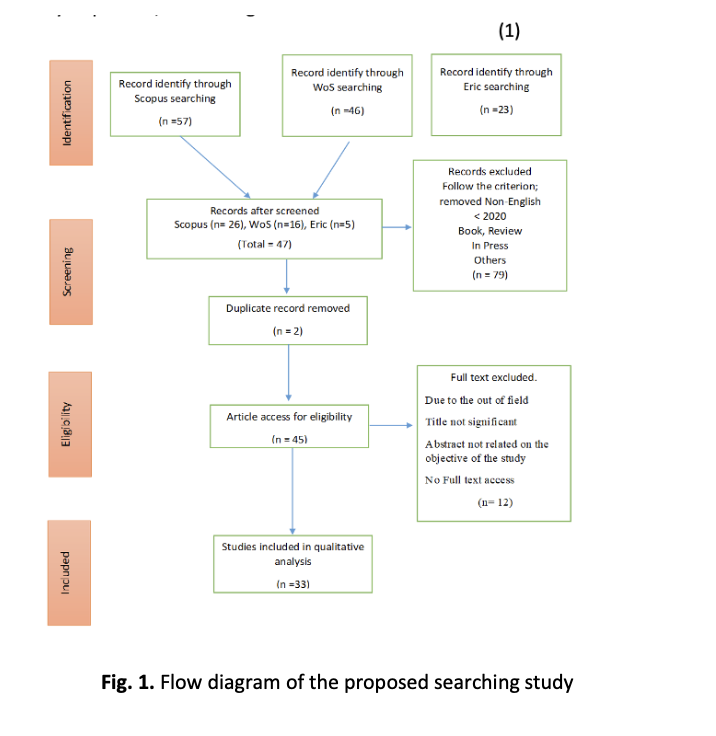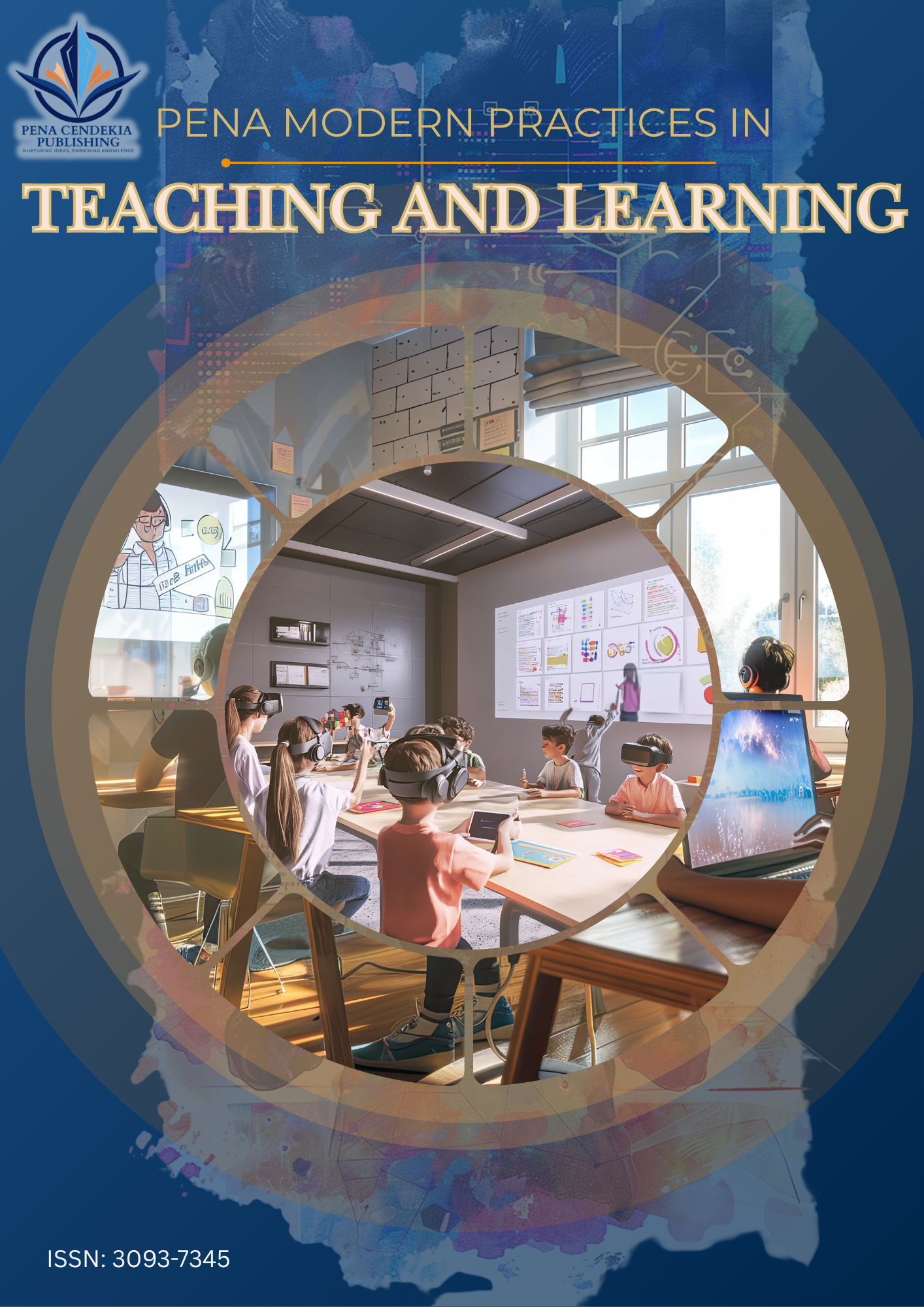Technical Writing Skills through Project Based Learning in English for Specific Purposes: A Comprehensive Structured Review
Keywords:
Project-Based Learning, English for Specific Purposes, PRISMA framework, employabilityAbstract
In recent years, the focus on enhancing technical writing skills through Project-Based Learning (PjBL) in English for Specific Purposes (ESP) has garnered significant attention due to its potential to transform educational outcomes. This systematic literature review aims to provide a comprehensive analysis of the recent applications and impacts of PjBL in developing technical writing skills within ESP contexts. The primary problem addressed is the need for an updated and structured overview of how PjBL is being utilized to enhance technical writing proficiency and related educational outcomes. To achieve this, we conducted an extensive search of scholarly articles from reputable databases such as Scopus, Web of Science, and ERIC, focusing on studies published between 2020 and 2025. Following the PRISMA framework, we identified 33 final primary studies for detailed analysis. The findings were categorized into three themes: (1) technological integration in PjBL for ESP, (2) enhancing soft skills and employability through PjBL in ESP, and (3) innovative pedagogical approaches and their impact on learning outcomes in ESP. The analysis reveals that PjBL in ESP contexts significantly improves student engagement, technical writing proficiency, and critical thinking skills. Furthermore, PjBL has been shown to support collaborative learning and provide opportunities for authentic, experiential learning. In conclusion, this review underscores the transformative potential of PjBL in enhancing technical writing skills in ESP, suggesting that future research should focus on optimizing PjBL frameworks, addressing implementation challenges, and exploring long-term impacts on learning outcomes. This comprehensive review provides valuable insights for educators, policymakers, and researchers aiming to leverage PjBL to improve technical writing skills in ESP courses.as a scalable and effective solution for enhancing language proficiency and career readiness skills in diverse educational settings.










